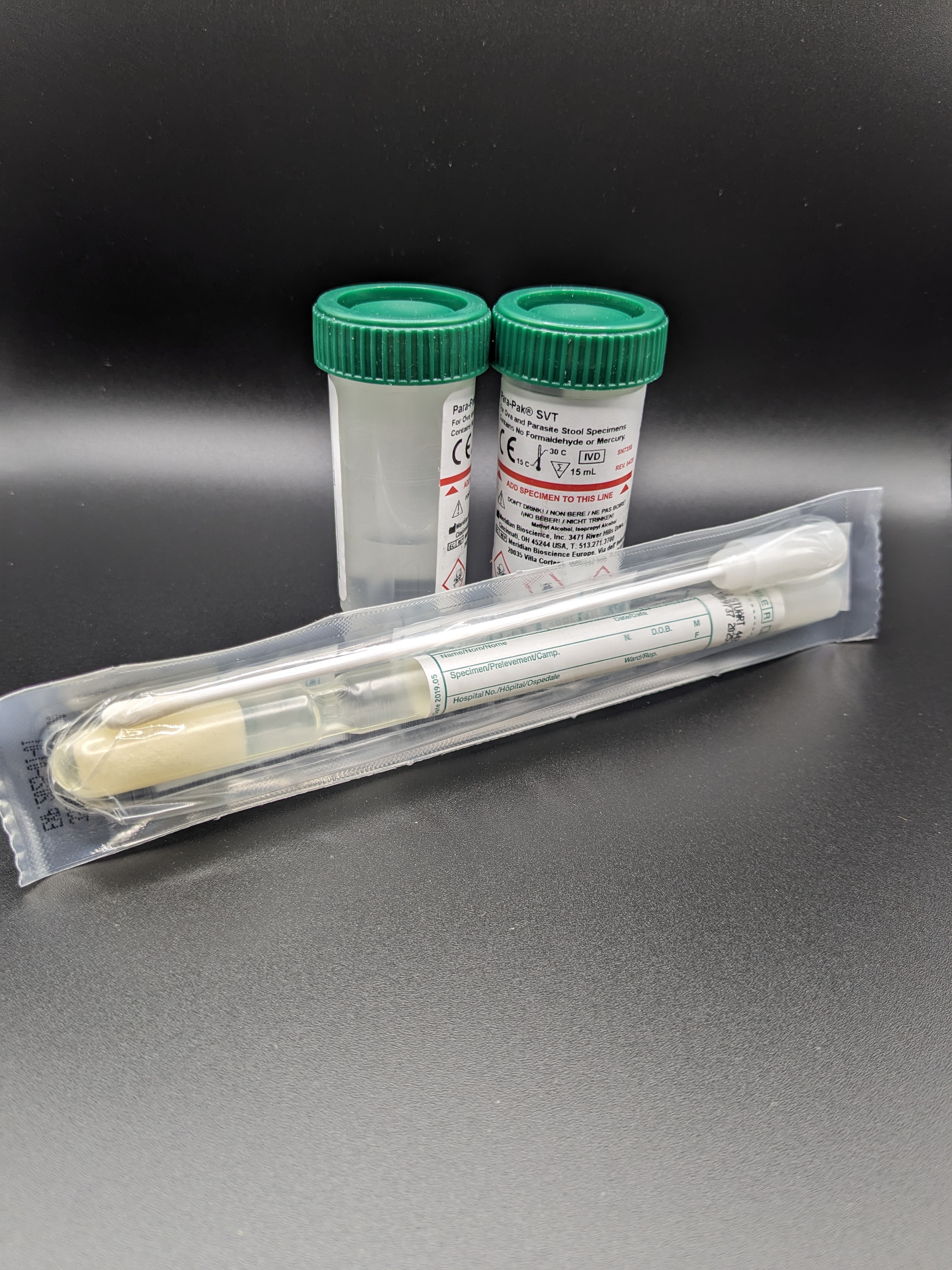
Latest Blog Articles

Collaborative Research Efforts in Parasitology
Collaborative Research Efforts in Parasitology
Parasitic diseases continue to pose significant global health challenges, affecting millions of people, particularly in low and middle-income countries. The complexity of these diseases, coupled with their widespread impact, necessitates a multifaceted approach to research and intervention. Collaborative research efforts are essential to drive forward our understanding, prevention, and treatment of parasitic diseases. Two key aspects of these efforts are global partnerships and interdisciplinary research.
Global Partnerships
Global partnerships are crucial in addressing parasitic diseases due to the transnational nature of these health challenges. Promoting international collaboration brings together diverse expertise, resources, and perspectives, enhancing the overall effectiveness of research initiatives. Here are some key elements of global partnerships in parasitology:
Resource Sharing:
Financial Resources: Pooling funds from various countries and international organizations can significantly enhance the scope and impact of research projects. Collaborative funding ensures that even resource-limited regions can contribute to and benefit from cutting-edge research.
Laboratory and Field Resources: Sharing laboratory facilities, field equipment, and research sites allows for more comprehensive studies and efficient use of available resources. This is particularly important for field research in endemic areas where infrastructure may be limited.
Knowledge Exchange:
Training and Capacity Building: Global partnerships often include training programs and workshops to build local research capacity. Scientists from endemic regions can gain access to advanced training and mentorship, enhancing their ability to conduct high-quality research.
Workshops and Conferences: International conferences and workshops provide platforms for researchers to share findings, discuss challenges, and explore new collaborations. These events foster a global scientific community focused on parasitology.
Collaborative Projects:
Multinational Studies: Collaborative research projects that span multiple countries can provide a broader understanding of parasitic diseases. Such studies can identify regional variations in disease transmission, prevalence, and response to interventions.
Joint Publications: Co-authored research papers and reviews facilitate the dissemination of knowledge and promote the integration of diverse research perspectives. Joint publications also enhance the visibility and impact of research findings.
Policy and Advocacy:
Global Health Policies: Collaborative efforts can influence global health policies by providing evidence-based recommendations to international health organizations and governments. Effective policies are crucial for the implementation of large-scale interventions and control programs.
Advocacy for Funding: International partnerships can amplify advocacy efforts to secure funding for parasitology research. Unified advocacy can attract the attention of major donors and funding agencies, ensuring sustained financial support.
Interdisciplinary Research
Interdisciplinary research is vital for addressing the complex nature of parasitic diseases, which intersect with various scientific fields. Combining parasitology with other disciplines, such as immunology, genetics, and environmental science, can lead to innovative solutions and a deeper understanding of these diseases. Key components of interdisciplinary research include:
Integrating Immunology:
Host-Pathogen Interactions: Understanding how parasites interact with the host's immune system is crucial for developing effective treatments and vaccines. Collaborative research with immunologists can reveal the mechanisms of immune evasion and identify potential therapeutic targets.
Vaccine Development: Immunologists can contribute to the design and testing of vaccines by providing insights into immune responses and adjuvant selection. Interdisciplinary efforts are essential for the successful development of vaccines against parasitic diseases.
Incorporating Genetics:
Genetic Basis of Resistance: Genetic research can identify the genes responsible for drug resistance in parasites, guiding the development of new treatment strategies. Collaboration with geneticists can also uncover the genetic factors that influence host susceptibility to infections.
Genomic Technologies: Advances in genomic technologies, such as CRISPR, can be applied to study parasite biology and develop genetically modified organisms for research purposes. Geneticists can help parasitologists utilize these technologies to explore gene function and regulation.
Environmental Science Collaboration:
Ecosystem Dynamics: Environmental scientists can provide insights into the ecological factors that influence parasite transmission and distribution. Understanding the role of climate change, land use, and biodiversity in parasitic disease dynamics is crucial for developing effective control measures.
One Health Approach: The One Health approach emphasizes the interconnectedness of human, animal, and environmental health. Interdisciplinary research involving veterinarians, ecologists, and public health experts can address the zoonotic aspects of parasitic diseases and develop holistic intervention strategies.
Bioinformatics and Data Science:
Big Data Analysis: Collaborating with bioinformaticians and data scientists can enhance the analysis of large datasets generated from genomic, proteomic, and epidemiological studies. Advanced data analysis techniques can uncover patterns and correlations that are not apparent through traditional methods.
Predictive Modeling: Interdisciplinary teams can develop predictive models to forecast disease outbreaks and assess the impact of various interventions. These models can inform public health decision-making and optimize resource allocation.
Conclusion
Collaborative research efforts, encompassing global partnerships and interdisciplinary approaches, are essential for advancing our understanding and control of parasitic diseases. By leveraging the strengths of diverse scientific fields and fostering international cooperation, the parasitology research community can develop innovative solutions to tackle these persistent global health challenges. Continued investment in collaborative initiatives will be crucial for achieving significant progress in the fight against parasitic diseases.
Discover What's Really Going On Inside Your Gut!
Experiencing stomach troubles? Our Full GI Panel Test can help! Identify bacteria, parasites, and fungi with state-of-the-art accuracy. Quick, non-invasive, and thoroughly analyzed by experts.
Take the first step towards better gastrointestinal health today!
Feel Refreshed and Balanced with Freedom Cleanse Restore!
Reset your digestive system and boost your overall well-being with our Freedom Cleanse Restore supplement. Designed to support detoxification, promote digestive health, and enhance nutrient absorption.
Reclaim your health—experience the benefits today!
Contact Information
11445 E. Via Linda, #2-419
Scottsdale, Arizona 85259 USA
1-480-767-2522
Hours: 7:30am to 4:00pm
Monday through Thursday.
Hours: 7:30am to 1:00pm on Friday.
Closed Saturday - Sunday.



